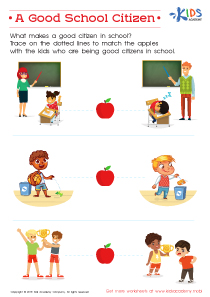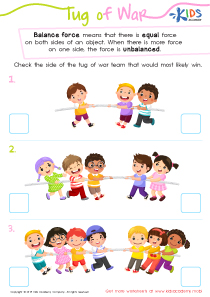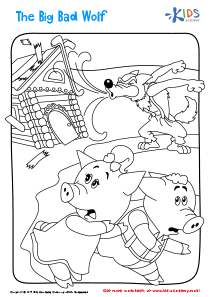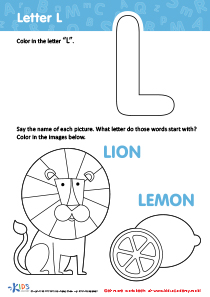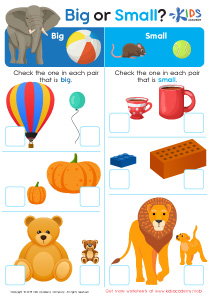Common Vocabulary Quizzes for 4-Year-Olds
3 results
3 filtered results
Clear all filters3 filtered results
-
From - To
Common Vocabulary Quizzes for 4-Year-Olds
Dive into our engaging interactive assessment quizzes designed specifically for 4-year-olds! These quizzes are expertly crafted to review and reinforce Common Vocabulary, ensuring your child is on the right track with their language development. With each quiz, children receive immediate feedback, helping them learn and remember essential words in a fun, interactive way. Perfect for both learning at home and in the classroom, our quizzes make mastering Common Vocabulary for 4-Year-Olds enjoyable and effective. Watch as your child's vocabulary blossoms with our user-friendly, interactive quizzes!
Interactive quizzes on Common Vocabulary for 4-Year-Olds serve as a cornerstone in laying the foundational blocks of language development and acquisition in early childhood education. These quizzes are ingeniously designed to align with the cognitive and linguistic capabilities of young learners, making them an essential tool in nurturing a child’s pathway to effective communication and comprehension skills.
At the age of four, children are at a crucial stage of vocabulary expansion. They are constantly absorbing new words and phrases from their environment, making it an ideal time to introduce structured learning methods. The Common Vocabulary for 4-Year-Olds interactive quizzes are tailored specifically to meet the unique needs of these young minds, providing a stimulating and engaging platform for vocabulary enhancement.
These quizzes are more than just assessment tools; they are designed to be interactive and fun, capturing the attention of children and motivating them to engage with the learning material. Through playful interfaces and vibrant illustrations, children are introduced to common vocabulary in a way that resonates with their innate curiosity and desire for exploration. This method of learning not only aids in retaining new words but also in understanding their context and usage in everyday language.
One of the key benefits of these interactive quizzes is their adaptability. They can adjust to the learning pace of each child, ensuring that every learner, regardless of their starting point, can benefit from the exercises. This personalized approach helps in building confidence among young learners, as they witness their progress and achievements throughout the learning journey.
Moreover, the inclusion of immediate feedback is a pivotal feature of these quizzes. When a child answers a question, they receive instant feedback, which helps in reinforcing correct responses and gently guiding them towards the right answer in case of a mistake. This real-time feedback loop encourages a positive learning environment, fostering a sense of accomplishment and a desire to learn more.
The Common Vocabulary for 4-Year-Olds interactive quizzes not only focus on individual learning but also promote social skills. They can be used in group settings, encouraging children to work together, share their thoughts, and learn from each other. This collaborative approach to learning further enhances their communication skills, making them better prepared for more complex social interactions.
Furthermore, these quizzes provide parents and educators with valuable insights into a child’s learning progress. By tracking the results and patterns in the quiz outcomes, educators can identify areas where a child might need additional support, ensuring that every child reaches their full potential in vocabulary acquisition.
In conclusion, interactive quizzes on Common Vocabulary for 4-Year-Olds are an invaluable resource in the educational journey of young children. They offer a dynamic and engaging approach to learning, tailored specifically to the developmental needs of four-year-olds. By fostering an early love for learning, enhancing vocabulary, and supporting cognitive development, these quizzes play a pivotal role in shaping confident, curious, and articulate learners.
